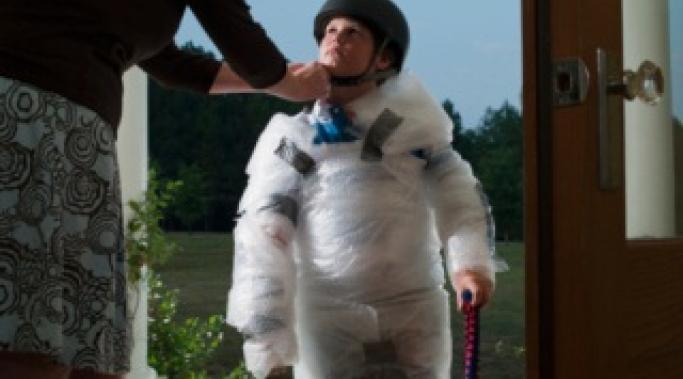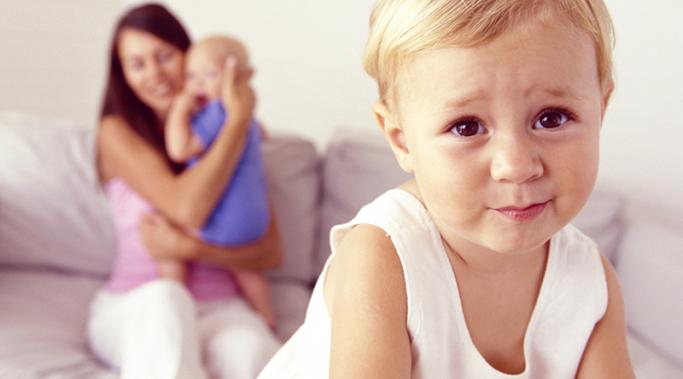It's been pretty quiet at my house this week. Bob left for a week at his father's last Friday morning, and was scheduled to return last night. But my husband has some friends visiting from out of town tonight--along with their two young children--so I asked Bob's father if Bob could stay with him until Saturday morning.
The guilty truth? I'm not ready for him to come home yet. And I'm not even sure he wants to.
Family and Mentally Ill Children
My name is Angela, and I am a control freak. If you read this blog with any regularity, this probably comes as no great shock to you. If you're new, however, you may not yet have noticed many of my posts contain the same underlying message:
How can I fix this?
I've receive innumerable comments from readers about how their child's psychiatric illness has taken a toll on their marriages. I'd be lying if I said my husband and I are the exception. The tension in our house has been thick enough to spread on a bagel, and over the course of this year, it's gotten progressively worse.
No parent wants their children to grow up and accuse them of paying more or less attention to them than one (or more) of their siblings. But if one of your children has a psychiatric illness, the scenario is more likely to become reality than not.
Last night, Bob returned home after spending a week with his biological father. It's always an adjustment, but last night's return seemed to go more smoothly than homecomings past.
Mental illness messes with the family dynamic, and the mentally ill child can become the odd man out. Recently, Bob came home after spending a week at his father's house. There were no ticker-tape parades or confetti. We usually try to keep his returns low-key because of his problems with transitions, but last night felt different, because I'm not sure any of us were too excited about his homecoming.
I don't trust celebrity parents when it comes to parenting advice. Color me cynical, but I just don't think Angelina Jolie is any authority on potty-training anymore than Madonna would be on talking to your child about sex.
But you know what they say about desperate times calling for desperate measures.
There's a great deal of flexibility demanded of parents and other caregivers of mentally ill children. I don't mean physical flexibility (although that can certainly come in handy, as well)--I mean the ability--and willingness--to completely move from Plan A to B in the blink of an eye.
I mentioned previously that some changes were in order for our family. After a lot of number-crunching, soul-searching, cussing and dis-cussing, nail-biting and everything else that goes with major life decisions--yesterday, I resigned from my job.
You may have heard of the five "survival roles" often taken on by alcoholic families--Chief Enabler, Hero, Scapegoat, Lost Child, and Mascot. Sharon Wegsheider-Cruse is credited with identifying these roles within families living with chemical dependency in 1976. I learned these roles in high school when I attended a meeting for children of alcoholics to support a friend. Imagine my confusion when, in the course of the meeting, I began to recognize at least a few of the characters within my own family, even though none of us were chemically dependent. (The survival roles have since been applied to the broader scope of "dysfunctional" families.)
A family is a single, cohesive unit (no matter how loudly some members may protest to the contrary). When part of the family doesn't function as it should, the other parts adapt in an effort to retain or regain that function as a unit. Every member contributes in some way. Unfortunately, even the youngest members of a family take on roles when the need is sensed.
"Your children are not your children.
They are the sons and daughters of Life's longing for itself.
They come through you but not from you,
And though they are with you yet they belong not to you."*
A picture is, as they say, worth a thousand words. I'm thinking about a picture that actually rendered me speechless.









